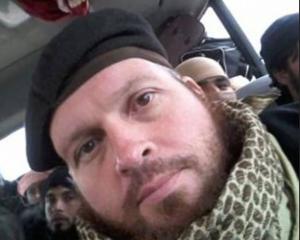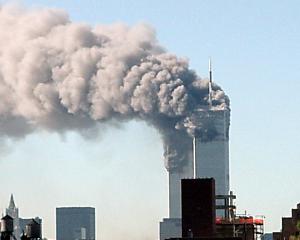More than 120,000 registered Syrian refugees are now sheltering in Turkish camps, and tens of thousands of unregistered Syrians are living in Turkish border towns and villages.
The latest influx caused alarm in Turkey which is increasingly concerned about its ability to cope with such large refugee numbers and has pushed hard - so far without success - for a buffer zone to be set up inside Syria where refugees could be housed.
The inflow could see it redouble efforts to persuade others of the need for such a buffer zone and may encourage Ankara to speed up a planned request to NATO to deploy Patriot surface-to-air missiles on its border to guard against a spillover of violence. Such a move could be part of a no-fly zone.
Turkish Prime Minister Tayyip Erdogan hit out at the 15-nation Security Council on Friday.
"It is very strange. There are currently atrocities being committed in Syria and these atrocities are being directed by a state leader. While these atrocities are continuing ... there is a United Nations that is remaining silent towards it," Erdogan said during a trip to Indonesia.
"How far will this go? When will the permanent members of the U.N. Security Council take responsibility? We are obliged to act together to counter this, otherwise we cannot refer to this world body as being democratic," he said.
Ankara has become increasingly vocal about voicing its frustration at the U.N. Security Council over its failure to act to stop a conflict that Syrian opposition activists say has killed 38,000 people.
Although Turkey has repeatedly said it does not want to intervene militarily in Syria, it has slowly been drawn into the conflict and its forces now regularly fire on troops loyal to President Bashar al-Assad in the event that shells or bullets cross its border from its southern neighbour.
A Turkish foreign ministry official described the latest influx of refugees as "worrying" and said initial investigation showed there may not be enough capacity to house all of the new arrivals but that Turkey was trying to accommodate them all.
The UNHCR said 1,000 Syrians had also fled to Lebanon and another 1,000 to Jordan in the past 24 hours, swelling the overall total who are registered or being assisted in the region to 408,000.
DEFECTIONS
State-run Anatolian news agency said around 5,000 Syrians had crossed into Turkey's Sanliurfa province overnight, fleeing fighting between rebels and Syrian government forces in the town of Ras al-Ain just across the border in Syria.
Syrian rebels and opposition sources said late on Thursday that Free Syrian Army fighters had captured Ras al-Ain, an Arab and Kurdish town in the northeastern oil-producing province of Hasaka, but that clashes there were continuing.
A Reuters witness in the Turkish border town of Ceylanpinar, which lies opposite Ras al-Ain, said he could hear the continuous sound of gunfire coming from the Syrian town. Rebel fighters in the town could also be heard shouting: "God is greatest!" in between bursts of gunfire.
Schools in Ceylanpinar were closed for the second day in a row, Turkish media reported. Two Turkish civilians were wounded in Ceylanpinar on Thursday after being struck by stray bullets fired from Ras al-Ain.
Anatolian said 26 military officers, including two generals, had defected to Turkey overnight, the biggest mass desertion of senior soldiers from Assad's forces in months.
The officers, among them two generals, 11 colonels, two lieutenant-colonels, two majors, four captains, and five lieutenants, crossed into the border province of Hatay with their families and other soldiers, in a group of 71 people.
They were taken to Apaydin camp in Hatay, where Turkey is sheltering other officers who have defected from Assad's army. Defections of high-ranking officers to Turkey occurred almost daily during the summer but have since slowed.
Relations between Ankara and Damascus, once close allies, are now as frosty as at any time since the Syrian revolt began last year.
Turkish Foreign Minister Ahmet Davutoglu reiterated on Friday that the Patriot missiles it wanted from NATO were part of ongoing discussions for contingency plans within the alliance but said no official request had been made so far.
Turkey is growing increasingly concerned about security on its border with Syria and has summoned its NATO allies twice this year over the issue, saying the alliance had a duty to protect its own frontier.
The Turkish chief-of-staff has said his troops would respond "with greater force" if shells continued to land in Turkey.
Last month parliament authorised the deployment of troops beyond Turkey but Ankara is reluctant to take any unilateral military action inside Syria.











